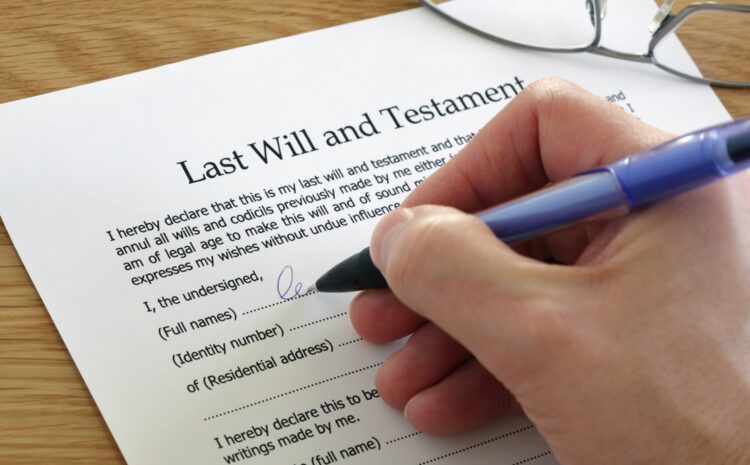
Creating a last will and testament is a critical aspect of estate planning, ensuring that your assets are distributed according to your wishes after your passing. However, drafting a will requires adherence to specific legal requirements to ensure its validity and effectiveness, particularly in Texas. In this blog post, we’ll delve into the essential requirements for a valid will in Texas.
- Testamentary Capacity: To create a valid will in Texas, the testator, or the person making the will, must possess testamentary capacity. This means they must be of sound mind and understand the implications of creating a will. Factors such as mental illness, cognitive impairment, or undue influence can raise questions about the testator’s capacity.
- Proper Execution: The execution of a will in Texas must adhere to specific formalities outlined in the Texas Estates Code. Formal typewritten wills, the most common type, must be signed by the testator in the presence of at least two competent witnesses who also sign the will. These witnesses must be disinterested parties, meaning they cannot be beneficiaries of the will.
- Holographic Wills: Texas law also recognizes informal holographic wills, which are handwritten wills created entirely by the testator. Unlike formal typewritten wills, holographic wills do not require witness signatures. However, for a holographic will to be valid, it must be wholly in the testator’s handwriting and signed by the testator.
- Self-Proving Affidavit: While not mandatory, including a self-proving affidavit in a will can streamline the probate process. A self-proving affidavit is a sworn statement signed by the testator and witnesses in front of a notary public, affirming the validity of the will’s execution. This affidavit eliminates the need for witnesses to testify in court during the probate process.
- Testamentary Intent: A valid will in Texas must reflect the testator’s clear intent regarding the distribution of their assets upon their death. The language used in the will should leave no room for ambiguity or misinterpretation. Additionally, the testator must have the freedom to dispose of their property as they see fit, without undue influence from others.
Drafting a valid will in Texas involves careful consideration of legal requirements to ensure its enforceability and effectiveness. Testamentary capacity, proper execution, adherence to formalities, and clear testamentary intent are essential elements to consider. Consulting with an experienced estate planning attorney can provide invaluable guidance in navigating the complexities of creating a will and safeguarding your final wishes. By understanding and adhering to the requirements outlined in Texas law, you can ensure that your estate is distributed according to your desires, providing peace of mind for you and your loved ones.
If you need any assistance in creating a valid will, please contact The Hoggatt Law Firm at (281) 508-2228 to schedule a consultation.
